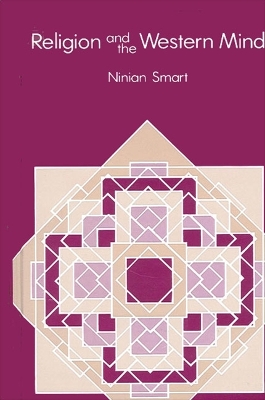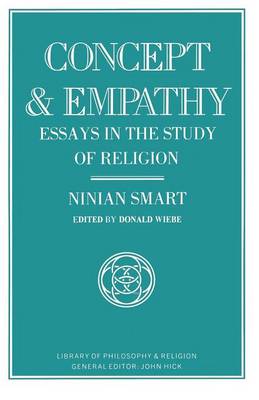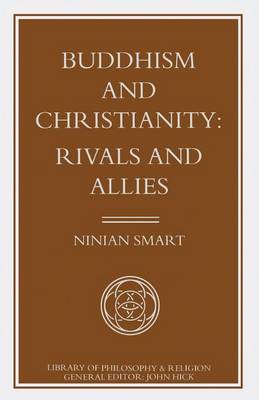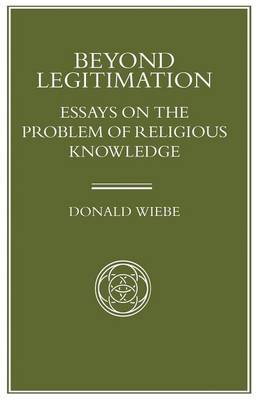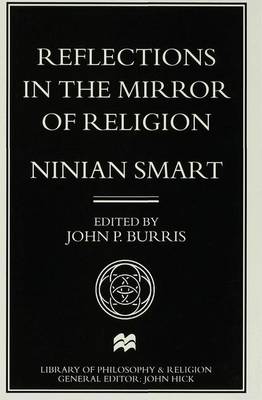Library of Philosophy and Religion
6 total works
Examines the relations between Buddhism and Christianity in the context of our emerging world civilization. It illuminates the way Theravada Buddhism does not fit relevant theories about religion and does not match Christian (or Muslim or Jewish or Hindu) belief in God.
Examining the relations between Buddhism and Christianity in the context of our emerging world civilization, this book illuminates the way Theravada Buddhism does not fit relevant theories about religion and does not match Christian (or Muslim or Jewish or Hindu) belief in God. As the assumptions of the two faiths are so different, how then can they be conceived as relating? The discussion draws upon Chinese and other Far Eastern developments and on views about religion and modernity. Other books by the author include "Doctrine and Argument in Indian Philosophy", "The Religious Experience" and "Worldviews".
The early essays in this volume proceed on the assumption that a compatibility system can be fashioned that will not only bring religious knowledge claims into harmony with scientific claims but will also show there to be a fundamental similarity of method in religious and scientific thinking. They are not, however, unambiguously successful. Consequently Professor Wiebe sets out in the succeeding essays to seek an understanding of the religion/science relationship that does not assume they must be compatible. That examination, in the final analysis, reveals a fundamental contradiction in the compatibility system building programme which more than suggests that religious belief (knowledge) is beyond legitimation.
The essays selected for this volume represent Professor Ninian Smart's most contemporary reflections on major issues the field of religious studies. Beginning with investigations into the possibility of a science of religion, Professor Smart then goes on to consider how a sociology of religious knowledge can be developed, focusing in particular on Asian cultures and traditions. Finally he analyses the growth of religious studies as an academic field, a field his own work has helped to shape in a definitive way.
